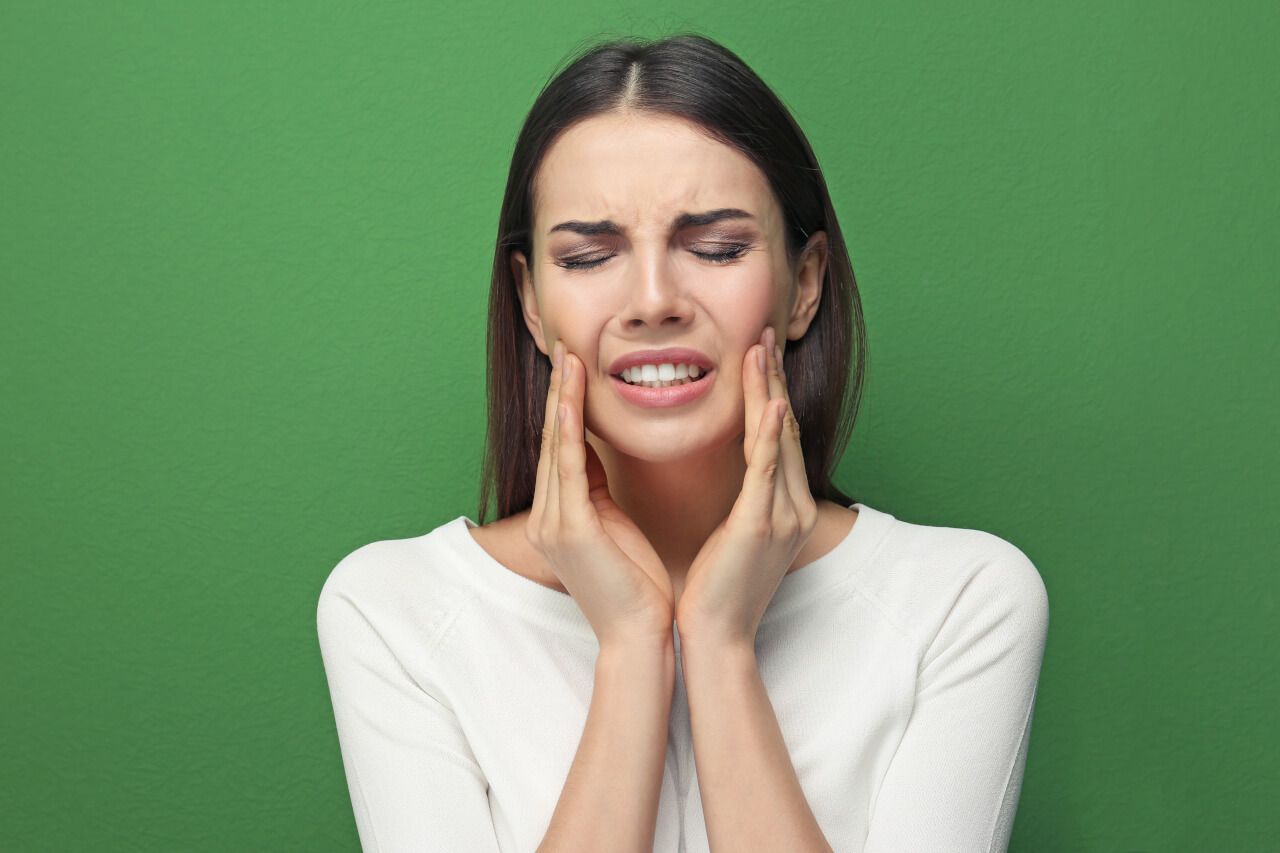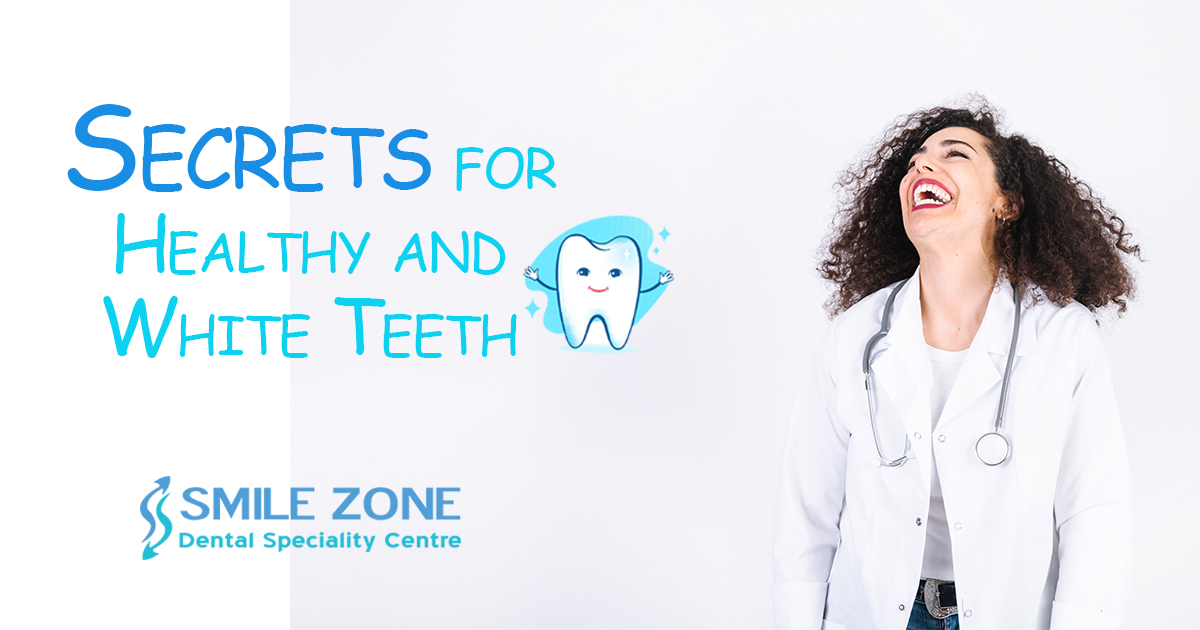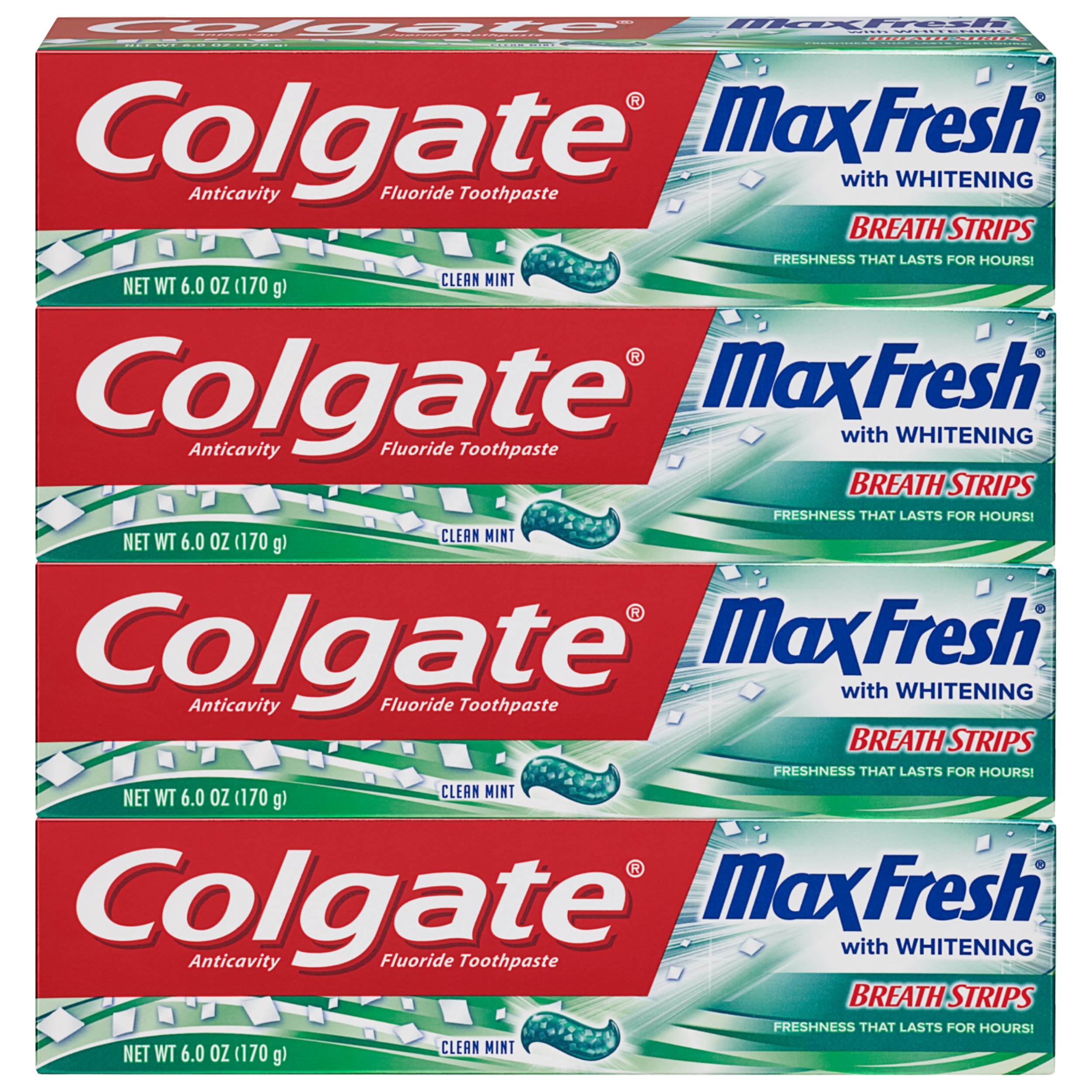Throbbing Jaw Pain After Crown

Jaw pain after receiving a dental crown can be a distressing experience, leaving many to wonder if this is a normal part of the dental crown procedure or a sign of something more serious. Understanding the possible causes and how to manage this discomfort is crucial for restoring comfort and peace of mind.
One of the primary reasons for throbbing jaw pain after a crown procedure is the body’s natural response to the dental work. The process of preparing a tooth for a crown involves reshaping the tooth structure, which can sometimes irritate the pulp or the nerve inside the tooth. This irritation can lead to inflammation and, consequently, pain. The pain can radiate to the jaw, causing a throbbing sensation due to the shared innervation of the tooth and the surrounding jaw muscles.
Another factor to consider is the temporary crown that is usually placed on the tooth while the permanent crown is being fabricated. If the temporary crown does not fit perfectly, it can put additional stress on the tooth and the surrounding gum tissue, leading to jaw pain. Moreover, the temporary cement used to secure the temporary crown can sometimes cause sensitivity or allergic reactions, contributing to discomfort.
The actual placement of the permanent crown can also be a source of jaw pain. If the crown is not properly aligned with the bite, it can lead to uneven pressure distribution when chewing, causing strain on the jaw joint (TMJ) and the surrounding muscles. This misalignment can trigger or exacerbate conditions like temporomandibular joint disorder (TMJ disorder), characterized by jaw pain, clicking of the jaw, and difficulty in opening or closing the mouth.
In some cases, the throbbing jaw pain might not be directly related to the crown procedure itself but could be a symptom of an underlying condition such as bruxism (teeth grinding) or clenching, which can be exacerbated by the stress of dental procedures. The additional stress on the jaw from grinding or clenching can lead to pain and discomfort.
Managing throbbing jaw pain after a crown procedure involves a combination of self-care strategies and professional interventions. Applying a cold compress to the jaw area can help reduce pain and swelling. Practicing relaxation techniques, such as meditation or deep breathing, can also help manage stress that might be contributing to jaw tension. Over-the-counter pain relievers, like ibuprofen, can provide temporary relief for mild to moderate pain.
However, if the pain persists or is severe, it is essential to consult with the dentist who performed the crown procedure. They can assess the fit of the crown, check for any signs of infection, and adjust the crown if necessary to ensure proper alignment with the bite. In cases where the pain is related to an underlying condition like TMJ disorder, the dentist might recommend a mouth guard to protect the teeth from grinding and clenching, physical therapy to relax the jaw muscles, or refer the patient to a specialist for further evaluation and treatment.
FAQ Section
How long does throbbing jaw pain typically last after a crown procedure?
+Mild discomfort can last a few days to a week after the procedure. However, if the pain persists beyond this timeframe or is severe, it's advisable to consult with a dentist.
Can a poorly fitted crown cause jaw pain?
+Yes, a crown that does not fit properly can lead to jaw pain due to uneven bite distribution and potential irritation of the tooth pulp or surrounding tissues.
How can I prevent jaw pain after getting a dental crown?
+Following the dentist's instructions carefully, maintaining good oral hygiene, avoiding chewing on the crown until it is fully set, and managing stress through relaxation techniques can help minimize the risk of jaw pain.
In conclusion, while throbbing jaw pain after a crown procedure can be unsettling, understanding its causes and taking proactive steps can help alleviate the discomfort. Whether the pain is a result of the procedure itself, an underlying condition, or a combination of factors, seeking professional dental advice is crucial for resolving the issue and ensuring the longevity and success of the dental crown.


